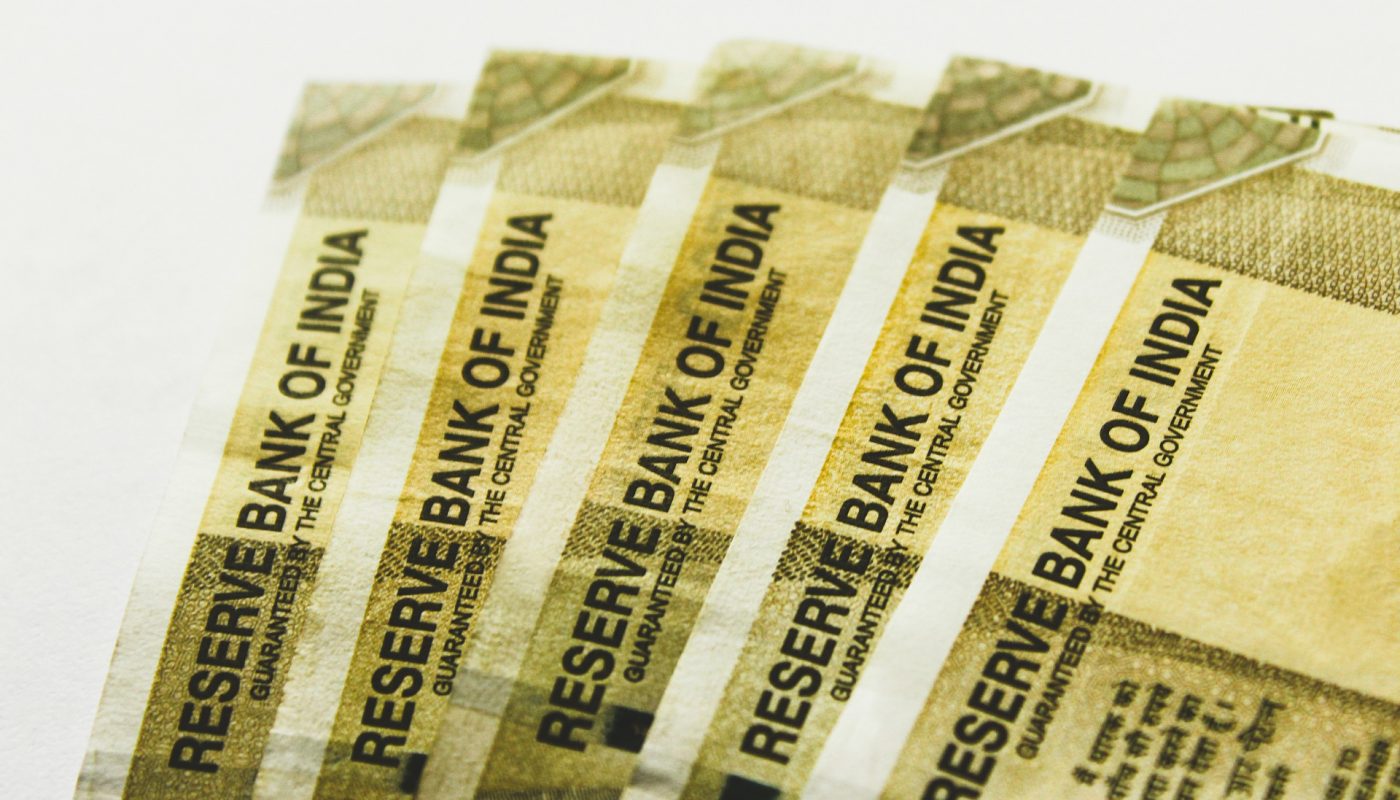Banks and financial institutions cater to the requirements of people, families, enterprises, and major organizations. A single bank may provide checking, savings, and money market accounts. We’ll look at the many sorts of banks in the US and other financial entities (like credit unions) that provide comparable services.
Click here to know wholesale markets in Chennai.
What are some different types of banks?
Banks are classified into types based on their origin, focus, and target clients. In general, “commercial bank” refers to for-profit, FDIC-insured institutions that accept deposits and lend money.
Retail banks, savings and loan organizations, community development banks, and neobanks are all subcategories of banks.
Retail banks
Retail banks, often known as consumer banks, are commercial banks that serve the general people. In most cases, you can open a checking, savings, or retirement account
Consumer banks may also offer personal loans and credit cards to individuals and families. Community, regional, and national banks can all provide direct consumer banking services.
Commercial banks
Some banks or bank departments cater to business, charity, and government clientele. For their clientele, these banks are referred to as business or commercial banks. Commercial banks frequently provide particular business loan products including commercial real estate and equipment loans.
Community development banks
Community development banks (CDBs) are privately held banks that focus on social responsibility and may receive governmental funding. These banks were formed to provide financial services to disadvantaged populations, including deposit accounts and credit.
Investment banks
Rather than lending, investment banks generate money by investing their own or clients’ money. An investment bank may aid customers with mergers and acquisitions or help a private firm go public.
Online and Neobanks
Many internet banks, often known as neobanks or virtual banks, aren’t truly banks. These innovative enterprises provide user-friendly interfaces for users and may offer incentives. But they usually work with a typical bank to handle consumer deposits and back-end financing.
Except for a few exceptions, internet banks are already being granted for national charters or buying local banks that already have one. And traditional banks can build online-only bank brands or provide online-only bank accounts.
Next steps: Choosing a type of bank that’s right for you
Next steps: Choosing a type of bank that’s right for you
In many circumstances, picking the proper account is determined less by the kind of financial institution and more by the individual account’s offerings, features, and fees.
For example, if you’re searching for a high-yield savings account, you should consider the account’s yearly percentage yield as well as if it has any activity or minimum balance restrictions. If you can earn a high rate of return, it may not matter whether you keep your money in a bank or a credit union.
However, in general, you should ensure that your account is guaranteed by the FDIC (for banks) or the NCUA (for credit unions) (for credit unions). The insurance protects up to $250,000 in deposits and serves as a government assurance that you will retrieve your money if the bank or credit union fails. For further information, read the FDIC’s FAQ website or the NCUA educational brochure.
Know more about business ideas for students here.


